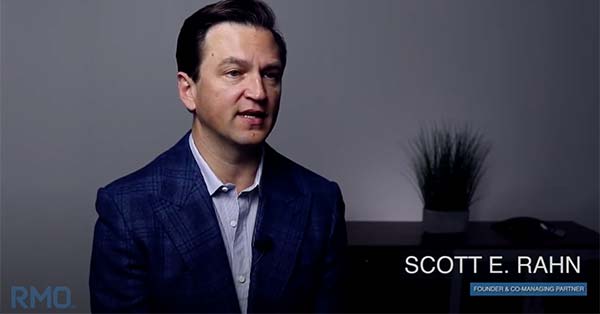Trustee Removal, Suspension, Resignation
Trustees have an important responsibility in trust administration matters, and failing to uphold these responsibilities can result in a trustee being removed or suspended. In any case, these matters are complex, and our attorneys at RMO can provide valuable guidance in the process.




